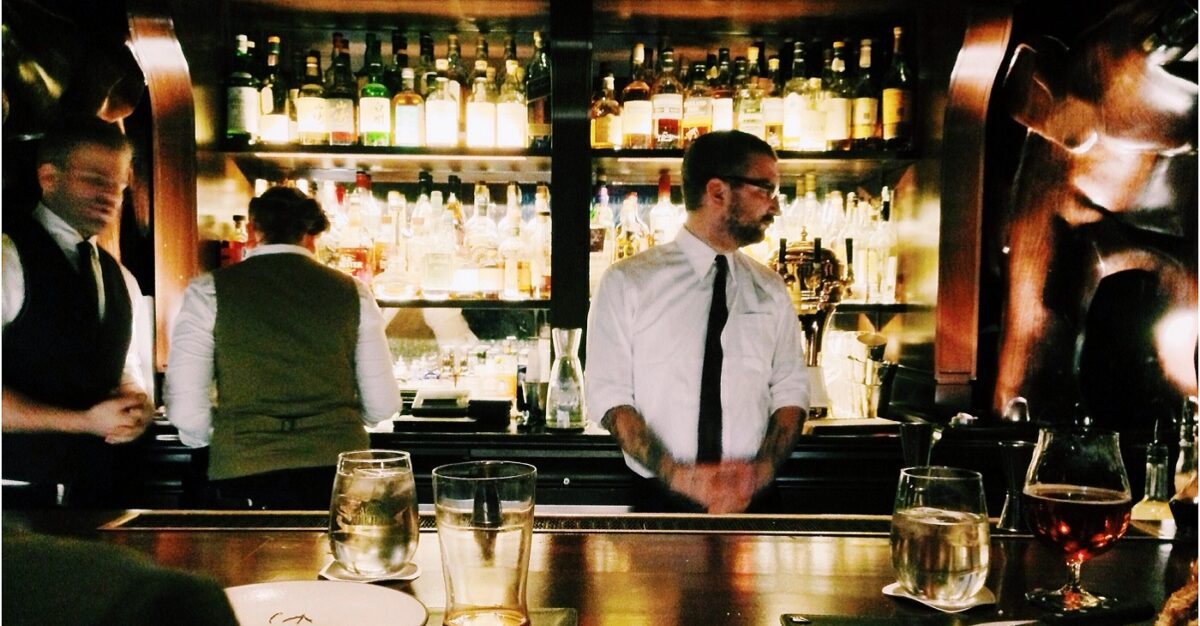Singapore has established itself as a strong tourist destination through the years, attracting a steady stream of both regional and international travellers to the city state.
Singapore has established itself as a strong tourist destination through the years, attracting a steady stream of both regional and international travellers to the city state. Looking ahead, the Singapore Tourism Board (STB) predicts that visitor arrivals will see a conservative growth of 0.3% year-on-year, with over SGD$20 billion expected to be generated leading up to 2017.
At a recent tourism industry conference, Minister of Trade and Industry, Mr S. Iswaran, noted that the last 5 years have been good for our tourism industry. However, issues like “periodic fluctuations caused by uncertainties in the global economy, adverse developments in key source markets and growing competition in the region” will pose a challenge to the industry in the short run.
On the brightside, Mr S. Iswaran also highlighted significant long term opportunities, which are bolstered by the economic rise of Asia, the growth of Asia's middle class, as well as the wave of outbound travel growth to Asia.
To maintain Singapore’s status as South East Asia’s top tourist destination, the government will be injecting SGD$700 million into the industry over the next three years. Core focus areas for the investment include the research and development of technology to increase productivity and schemes to equip staff with future ready skills.
Here, we share how organisations can stay competitive with technology and a strong human capital.
The Future Of Hospitality & Tourism In Singapore
The integration of Information Communications Technologies (ICT) into modern hospitality and food and beverage (F&B) organisations is one way to increase productivity in the long run. This ensures that processes are streamlined and stay cost-effective.
From integrated software that enables a hotel to function entirely paperless, to drones that deliver food in restaurants, there are endless ways where business owners can leverage technology to streamline their operations.
For example, Singapore’s Park Avenue Rochester Hotel features two Techi laser-guided robots that function as both bellboy and housekeeper. Although still at the testing phase, their duties can grow to include room service delivery, room quality checks before guest arrival and even simple banter.
Novelty factor aside, the robots actually help to address the hotel’s manpower shortage, while freeing up time for existing staff to perform more pressing guest-facing activities.
Mobile applications are another tool that organisations can tap on to engage consumers and travellers. A great example is STB’s 2020 plan to turn Singapore into a “mega-attraction”, where visitors can have access to tourist information and the latest happenings around the island at any given moment on their devices.
The big idea here is to create a one-stop mobile app that will provide a user experience unique to individual travellers based on information pulled from their itineraries, geo-tagged locations and preferences.
While this may seem like an immense task, the STB is ready to invest and work with industry stakeholders to build a central hub where information will be exchanged freely. This hub will be an open platform where businesses can contribute information about their latest offerings, events, and promotions.
Business owners interested in participating in this initiative can contact the STB directly for guidelines.
Grooming Talents For The Hospitality & Tourism Industry
Business leaders have raised concerns about the growing manpower issues that affect the growth of the industry. To address these challenges – such as the high turnover rate and training of employees – the government will be rolling out the following schemes.
Singapore Hotels Association Partnership
· Partnerships with the Singapore Hotels Association (SHA) and the Ministry of Manpower (MOM) to develop career strategies to target Singaporeans. The programme will be introduced in the second half of 2016 and looks to promote meaningful careers in the hospitality industry.
· Organisations can refer to STB’s grants portal for updates, requirements and eligibility.
SkillsFuture Study Awards
· The SkillsFuture Study Awards will provide a monetary award of SGD$5,000 to cover out-of-pocket expenses associated with work-related education and training.
· The initiative will be extended to those pursuing a career in Hotels, Meetings, Incentive, Conferencing & Exhibitions (MICE), and Travel Agents and Tourist Guides industries.
SkillsFuture Leadership Development Initiative
· The programme aims to support the next generation of Singaporean hospitality leaders in developing the necessary leadership and management capabilities required.
· Selected individuals will be on track to learn and upgrade skillsets that include general management, cross-cultural team management, and local and global hotel operations.
Additionally, while technical skills are an important foundation for careers in the tourism and hospitality industry, soft skills – such as language proficiency, service etiquette and team management – are equally important.
Human resource managers can help their staff stay relevant by sending them for short certification courses and even sponsoring postgraduate part-time studies. A good range of such courses can be found on JobCentral’s Learning Portal.
The hospitality and tourism industry is unique as both the government and stakeholders have to work together to maintain Singapore’s appeal as a top tourist destination. With these partnerships, we can then explore new technologies and work to ensure that on-ground hospitality personnel are proud hosts to international guests.





